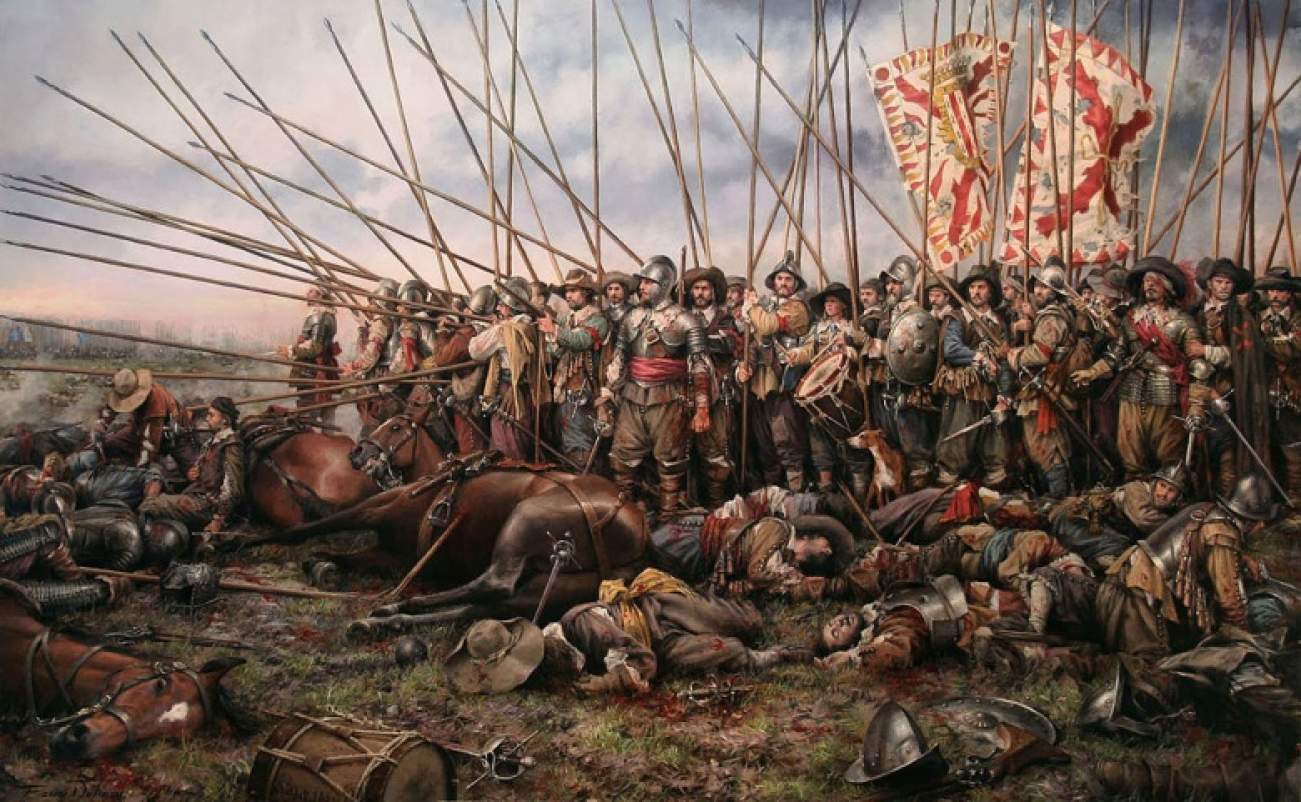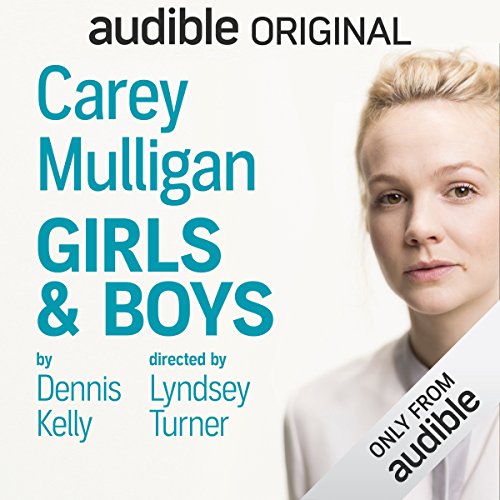There is no voice or language where that voice is not heard. Psalm 19
“Israel’s singer of songs”—that’s what old King David called himself just a chapter or two before he died. If it wouldn’t be for the medley of great tunes rising from every Bible printed on earth, we might think the old monarch a bit forward about his abilities. But the Psalms speak for themselves. As do the heavens, the triumphant subject of Psalm 19.
You can feel it here, I think, David’s own poetic soul, that which made him Israel’s greatest singer. It’s just not enough for him to say that the heavens preach God’s glory. For David’s rhapsodic sensibility, it’s just not enough to sing out the joy of knowing that heavenly sermon is aired, literally, day after day. He’s on to a truly divine idea here, and the poet in him is not about to let go.
What he might have said in verse three is that there is no nation or tribe where the voice of the heavens is not heard. He might have said there is no city or town, no country or habitation where the sky can’t sing praise. But Israel’s best singer lovingly tweaks that savored metaphor one more time and says that there is no speech or language where God’s heavenly word isn’t there just for the listening. God’s heavens speak universally.
There’s no Babel of languages here, no multi-culturalism, no quilt of ethnics. The sky creates a divine melting pot all over the world because everyday, on every square inch of the globe, people can hear God’s glory preached in a language that transcends verbs and nouns and retained objects. That’s what astounds the poet. That’s what makes him sing it again and again.
What the psalm offers is immensely radical for any limiting theology. What David is saying is that God speaks to us in Orion, the Big Dipper, and a harvest moon. His voice is the dawn, the dusk, and searing heat of midday. He’s there over us, every minute of our lives, telling us about himself, a language we might simply call azure.
What is at once most scary and most triumphant here is God’s democratic disposition, the fact that this speech of his, that which literally surrounds us every day out here beneath the open skies of the prairie, is as accessible anywhere, to all tribes and all nations—even to our enemies.
Not long ago I listened to a woman from Laos tell a frightening story of her escape across the Mekong River. Five adults swam alongside a boat barely bigger than my desk, a leaky little skiff that filled with river water just about as fast as the children inside could bale it out. She prayed and prayed and prayed for deliverance, she said.
Only recently did she become a Christian. When I asked her who she was praying to in those years before she knew the Lord, she told me that she didn’t really know—not even then, up to her neck in the waters of Mekong. She says she didn’t know who was listening.
Now she does, she told me. Now she knows Jesus Christ.
On that scary night on the river, I’m guessing that she was praying to whoever it was she’d heard in the sermons preached by the sky. And I’m thinking—and I want to believe—that He was listening.

























